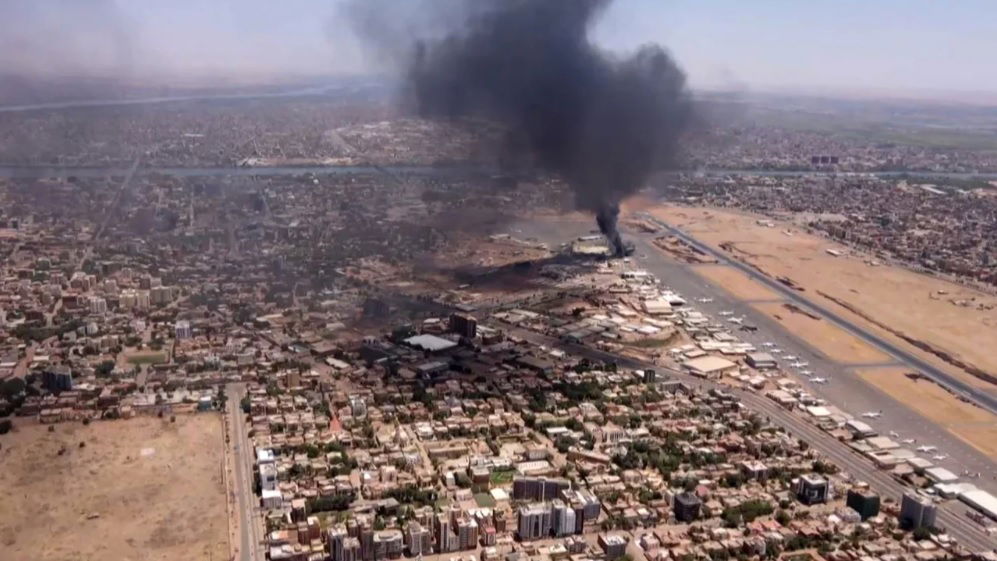Sudan has been in the midst of a conflict since 2003, which has resulted in the displacement of millions of people and caused widespread devastation. The conflict began when two rebel groups, the Justice and Equality Movement (JEM) and the Sudan Liberation Army (SLA), took up arms against the government of Sudan, accusing it of neglecting the Darfur region.
The government responded by arming local militias, known as the Janjaweed, to fight against the rebels. The Janjaweed have been accused of committing heinous crimes against civilians, including rape, torture, and murder. The conflict led to a humanitarian crisis, with millions of people displaced and in need of aid.
In 2019, a peaceful revolution led to the ousting of Sudan’s former president Omar al-Bashir. However, despite this political change, the conflict in Darfur continues. The transitional government made some efforts to address the situation, such as by agreeing to sign a peace deal with a number of rebel groups in October 2020. However, not all rebel groups have signed the deal, and violence has continued in some areas.
The Sudan conflict is complex, with multiple actors involved and competing interests at play. It is not a simple case of rebels versus the government, but rather a web of ethnic, political, and economic tensions.
One of the main causes of the conflict is the unequal distribution of resources in Sudan. The government has historically been dominated by elites from the northern region, leaving impoverished southern regions without adequate resources or representation. This has led to tensions and uprisings from these regions, which have been met with violent crackdowns from the government.
Another source of the conflict is the lack of political representation for marginalized groups. Minority groups, such as the Nuba and Darfuris, have long been excluded from political power and have experienced violence and oppression as a result. Rebel groups have formed in response to this lack of representation, leading to clashes with government forces.
The Sudan conflict has resulted in numerous casualties and displacement of civilians, with estimates placing the number of displaced people at over 2 million. The United Nations has reported widespread human rights abuses, including sexual violence and forced displacement.
Efforts to resolve the conflict have been ongoing, with peace talks taking place between the government and rebel groups. However, progress has been slow, and violence has continued in many parts of the country.
The international community has a role to play in resolving the conflict, through diplomatic efforts and by providing aid to those affected by the crisis. Many nations have called for an end to the violence and for the Sudanese government to address the root causes of the conflict.
The conflict in Sudan is tragic and has caused immense suffering for millions of people. It is a complex issue with deep roots in economic inequality and political representation. While efforts to resolve the conflict are underway, and there have been some small steps towards peace, it will take significant political will and cooperation from all parties involved to resolve the situation and bring justice to those affected.
2023 Struggle for Power
- Fighting broke out after weeks of tension between the army and the powerful paramilitary group, the Rapid Support Forces (RSF).
- Both groups were allies. Together, they seized power in a 2021 coup.
- But tensions increased over the proposed integration of the RSF into the military.
- The key question is who is in control and who would be the military’s commander-in-chief during an integration period.
- According to analysts, this is a power struggle for the control of the country.
- Most of the fighting is occurring in the capital, Khartoum, but clashes are reported across the country. At least 185 people have been killed and thousands injured in the first three days.











